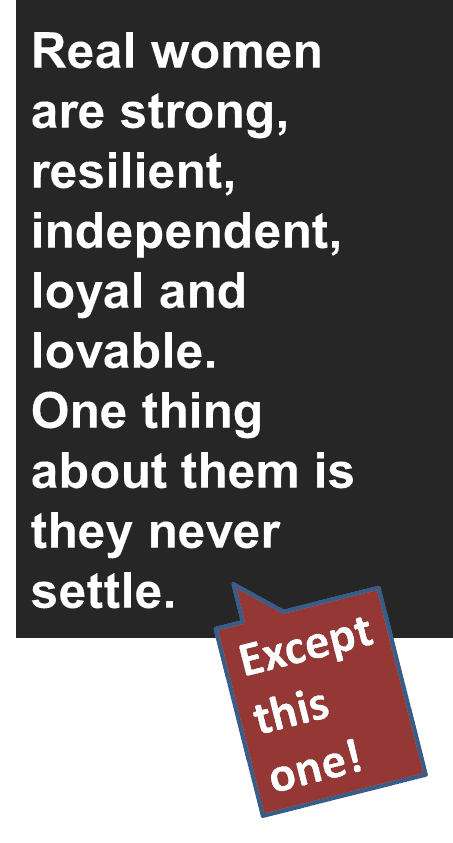Virtual office NYC attorney Vivian Sobers discusses how the cases she started her first year in practice are now starting to settle, taking up valuable time that she didn’t account for.
I don’t really understand people who feel compelled to post pictures of inspirational quotes on social media. They are like the modern equivalent of those horrible framed “success” posters that you’d find in the offices of copy machine salesmen in the 90’s.
Recently I came across this little gem (the bit on the bottom was my own doing).

I guess it’s somewhat natural. The civil cases I started during my first year of practice are now reaching the end of their lifespan.
On the one hand, it’s inspiring. The first few cases that I started and fought hard to protect the rights of clients are now (in most cases) reaching favorable resolutions. These cases have come full circle and it makes me feel like I have accomplished something.
On the other hand, I greatly underestimated how time consuming settlement negotiations can be. This caused my practice, and the way I now must manage it, to take on an entirely new dynamic.
When settling cases, agreeing on a dollar amount is often the easy part.
For the few negligence cases I have taken on, the settlement process hasn’t been so bad. Once a dollar amount is reached, standard releases are signed and checks are cut. No fuss involved.

Nearly every one of these settlement negotiations have involved restructuring contracts, or unwinding business relationships, or determining who is going to handle ongoing obligations, or figuring out what the penalties will be if the parties don’t perform.
A good example of this was a case that I wrapped up a few months ago between a company and one of its utility vendors. It was a dispute about international fraud, multi-part negligence, breach of contract, economic loss, liability allocation and the breakdown of the business relationship.
This was a fun case to litigate. But dealing with the settlement, which had to provide for continuity of service while these parties extricated themselves from each other, was a nightmare.
When emotions go up, intelligence goes down.
For the parties involved in the negotiations, emotions can run as high as jilted ex-spouses hammering out a divorce settlement. This is especially true when the parties are former business partners.
The endless back and forth between counsel and their emotionally charged clients just takes time to complete.
When I got into litigation my desire was to zealously advocate for my clients’ rights before a highly esteemed individual dressed in a black robe. Negotiating settlement agreements has made me feel like a M&A attorney who spends her days fighting about knowledge qualifiers in the reps and warranties sections of purchase agreements. It’s tedious and unfun.
What happens to lawyers when their cases settle.

The challenge I face is that, to date, I have managed my case load without taking into account any extra time needed for settlement negotiations. Until recently, there were few. The cases in my docket just weren’t ready yet.
Now, I have a pipeline of cases that should be settling on a reasonably frequent basis, and these negotiations will likely be monopolizing a significant portion of my (already stretched thin) time.
Thankfully, I’ve had a little break in my calendar to deal with this recent batch of settlements. But going forward, I’m going to need to make sure I leave a little extra bandwidth to deal with them as they come up.
Have any comments or questions? Post below and give your thoughts.
Some mistakes are completely avoidable.
Learn more from our eBook “7 Deadly Mistakes That Prevent Law Practice Success.” 
Vivian Sobers is a commercial litigator pursuing a solo law practice right out of law school. She is a client in Law Firm Suites’ Virtual Office Program. Vivian’s weekly blog series “Young, Hungry and Committed” documents the trials and tribulations of a young attorney navigating her way through the challenging world of self-employed legal practice.



